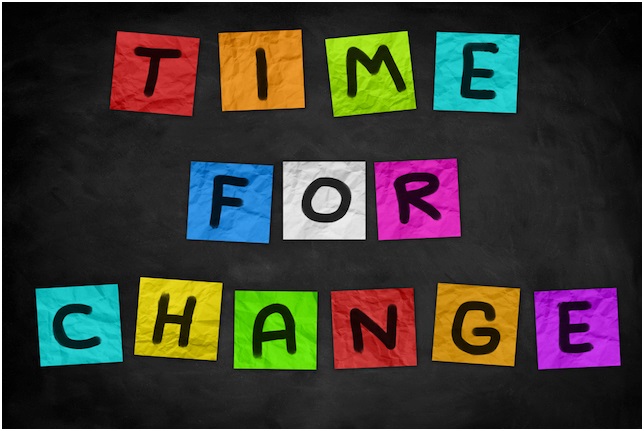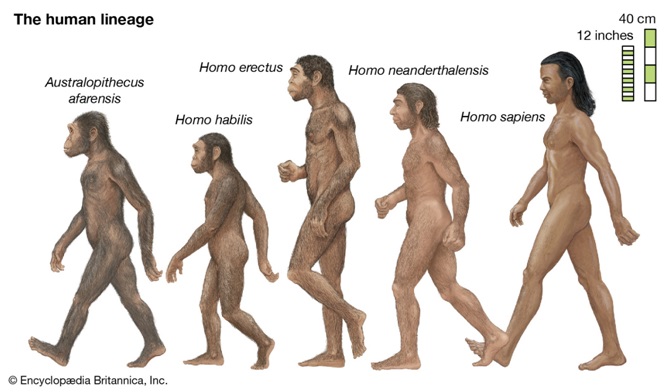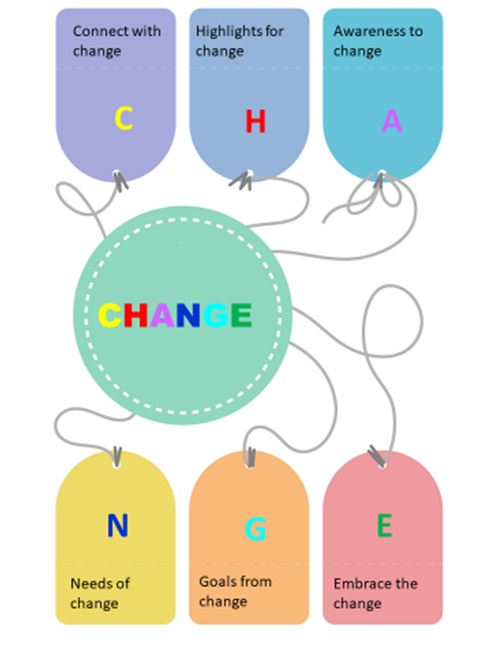A Coaching Model Created by Nicholas Kittis
(Transformational Life Coach, CYPRUS)
If you are not the creator of your own story, then you are missing the whole point of your life.
Following is an interesting image of how we humans have managed to evolve over centuries. The way we have changed and adapted in life… showing that we can adapt to change.
Human evolution | Stages & Timeline | Britannica
Change your story, change your life ….
What are you brooding about right now? I’m sure you’re thinking exactly what I’m thinking also once we hear the word CHANGE. We are reluctant, afraid, we discover every possible excuse just to avoid this process. Why is it then once we are faced with an obstacle or obstacles we then seek CHANGE?
Have you ever wondered what’s missing in your life when on paper it looks pretty perfect!
Are you ready to finally answer the questions of “Who am I” and “What do I want”
You thought you could have it all, the career, the family, the lifestyle, but you ask yourself why … what has kept me from going after the life I want to have.
Maybe you are facing distractions personally, professionally, or in a relationship. No matter what the situation, when something isn’t the way you would like it, you feel stuck. Lost. Confused. Often paralyzed.
The only answer is changed.
Change that will improve the quality of your life. Change that will improve YOU.
And all you need to do to start is show up. Let go of the excuses and become your own victor.
As your coach, I will help you transform from who you are to who you want to be. Step by step. Action by action. Together, we will embark on a thought-provoking and creative journey that will inspire you to make that change a reality. To be the creator of an extraordinary career, relationship, life.
It is absolutely possible. Believe it.
I too was once in that place. Facing challenge after challenge, wrong decision after wrong decision, lost in the darkness of confusion and noise. Until I stopped looking for the light and created my own.
Change comes from within us. Even if you don’t see how you can get to where you want to be, the path is there. And we will walk it together.
Are you ready to improve your life?
Are you ready for a change?
My coaching model is applied within the context of a transitional and transformation process, helping individuals to rediscover themselves, their situations and by using the real findings to style an action plan in achieving their goal using change.
The CHANGE Model
Connection: this is often the primary and most vital step of the method. The client has got to connect with an event, happening, an emotion, feeling, or generally something that has triggered the necessity for Change. During this process the client is helped to know also the cause and effect, as explained:
Cause: This might rather be identified by the client themselves or maybe by somebody else who may bring back their attention that they have to try to something a few specific topics, issue, circumstance, etc.
Effect: The client is going to be ready to understand the effect this example is and can wear themselves if they are doing not seek to require action. Also, they’re going to be delivered to understand that by changing something they’re taking the action the overcome or resolve the difficulty.
Highlights: The second step is to place the spotlight on the subject or issue which must be addressed, by highlighting it. A procedure we might normally do once we are reading a book and that we are highlighting words which stand bent us. By highlighting this area the client is formed conscious of what exactly he/she must check out without getting caught into a story that has no meaning.
Awareness: The third step is for the client to become conscious of the situation/topic being addressed and therefore the importance it’s to them immediately. Being aware of the instant, and what really must be addressed.
Need: The fourth step is of great importance as this is often the phase where the client has identified and has become conversant in all the above steps and now must clarify their goal and what must change and be achieved. Clarity here is of utmost importance.
Decide what you would like. Your initiative is to work out what it’s you would like to realize. This will be an enormous change or maybe even a minor one, but taking the step to believe what you hope to realize is a crucial initiative to your success.
Goals: The fifth step is defining the terms. Once the client features a clear sense of what they need, they have to start out brooding about what these goals mean to them.
One person’s definition of a goal is often very different from another’s.
* for instance, if your goal is to be successful, you want to believe what success means to you. What does a successful life look like? What sorts of things will cause you to be successful?
* This applies to less overreaching goals also. If your goal is to learn another language, you will find yourself asking what that means exactly to you? Will it be fulfilling for you to know a few words which can get you to socialize at an event? Or are you reaching to be able to speak fluently, where you can easily live in the country of the language you have learned? These are the very different definitions of speaking the language.
Embrace: the ultimate step is where the client embraces their achievement and learnings from a session. Accepting the work they need to be wiped outreaching the goal. and therefore the client is inspired to offer themselves a hug, for the acknowledgment of the work they need to be wiped out of the session.
References:
Heraclitus of Ephesus – Ancient History Encyclopedia
Human evolution | Stages & Timeline | Britannica
Connection | Definition of Connection at Dictionary.com
Goal | Definition of Goal by Merriam-Webster (merriam-webster.com)


